January 16, 2020 | Joanne Morrison
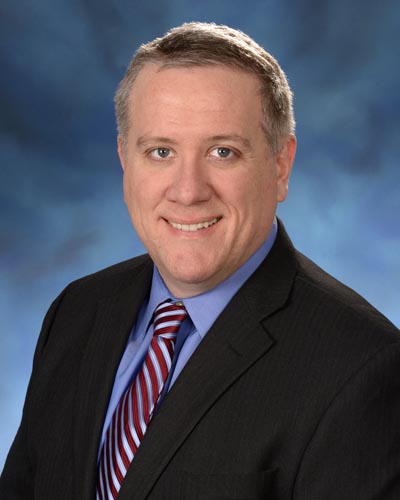
Older Patients with Untreated Sleep Apnea Cost Nearly $20,000 More a Year and Saw More Hospitalizations, New Research Shows
Obstructive sleep apnea (OSA) is a common and costly medical condition leading to a wide range of health risks such as cardiovascular disease, stroke, depression, diabetes and even premature death. Researchers at the University of Maryland School of Medicine (UMSOM) found that the medical costs are substantially higher among older adults who go untreated for the disorder.
The research, which was published in the Journal of Clinical Sleep Medicine, involved a review of a national sample of Medicare claims data. The researchers measured the health care costs over a year among Medicare beneficiaries who were 65 years and older and were ultimately diagnosed with OSA. They found that patients who went undiagnosed with OSA over a 12-month period had more doctor’s appointments, emergency room visits, and hospital stays prior to being treated for the disorder. These patients on average had nearly $20,000 more in costs a year than those who were diagnosed and treated for OSA, the research found.
“Sleep disorders represent a massive economic burden on the U.S. health care system,” said Emerson Wickwire, PhD, Associate Professor of Psychiatry and Medicine at UMSOM and Director of the Insomnia Program at the University of Maryland Medical Center, Midtown Campus. Dr. Wickwire, who was the Principal Investigator for this research, explained that economic aspects of diseases are increasingly recognized as important drivers of health decisions by patients, those paying for services, policymakers and ultimately the taxpayers.
Medical costs among those untreated for OSA will continue to rise, he warned, highlighting the importance of early detection and treatment among older adults.
“We conducted the largest economic analysis of sleep apnea among older adults to date,” said Dr. Wickwire. “Medicare beneficiaries with obstructive sleep apnea cost taxpayers an additional $19,566 per year and utilized more outpatient, emergency, inpatient, prescription, and overall health care services. It's important to realize that costs associated with untreated sleep disorders are likely to continue to accrue year after year, which is why our group focuses on early recognition and treatment."
Researchers also observed that Medicare patients with OSA were more likely to suffer from other ailments more so than those individuals without the sleep disorder. For example, OSA is linked to an increased risk for high blood pressure, diabetes, heart disease, stroke and depression. The study authors suggest that insurers, legislators, and health systems leaders consider routine screening for OSA in older patients, especially those with medical and psychiatric comorbidities, to better contain treatment costs.
“The good news is that highly effective diagnostic and treatment strategies are available. Our team is currently using big data approaches as well as highly personalized sleep disorders treatments to improve outcomes and reduce costs associated with sleep disorders, "said Dr. Wickwire.
The research is critical as OSA affects up to 70% of elderly nursing home residents, and these individuals are at higher risk of death.
A 2016 report by the American Academy of Sleep Medicine estimated that undiagnosed OSA among U.S. adults costs $149.6 billion annually. While the report projected it would cost the health care system nearly $50 billion to diagnosis and treat every American adult with OSA, treatment would produce savings of $100 billion. The current study in JCSM led by Dr. Wickwire is the largest analysis to date of the economic burden of untreated OSA among older adult Medicare beneficiaries.
“Early detection and treatment for disorders such as obstructive sleep apnea is critical, particularly among older adults who face the risk of the most serious illnesses such as cardiovascular disease, hypertension, stroke, and diabetes,” said UMSOM Dean E. Albert Reece, MD, PhD, MBA, who is also Executive Vice President for Medical Affairs, UM Baltimore, and the John Z. and Akiko K. Bowers Distinguished Professor, University of Maryland School of Medicine.
About the University of Maryland School of Medicine
Now in its third century, the University of Maryland School of Medicine was chartered in 1807 as the first public medical school in the United States. It continues today as one of the fastest growing, top-tier biomedical research enterprises in the world -- with 45 academic departments, centers, institutes, and programs; and a faculty of more than 3,000 physicians, scientists, and allied health professionals, including members of the National Academy of Medicine and the National Academy of Sciences, and a distinguished two-time winner of the Albert E. Lasker Award in Medical Research. With an operating budget of more than $1.2 billion, the School of Medicine works closely in partnership with the University of Maryland Medical Center and Medical System to provide research-intensive, academic and clinically based care for nearly 2 million patients each year. The School of Medicine has more than $540 million in extramural funding, with most of its academic departments highly ranked among all medical schools in the nation in research funding. As one of the seven professional schools that make up the University of Maryland, Baltimore campus, the School of Medicine has a total population of nearly 9,000 faculty and staff, including 2,500 student trainees, residents, and fellows. The combined School of Medicine and Medical System (“University of Maryland Medicine”) has an annual budget of nearly $6 billion and an economic impact more than $15 billion on the state and local community. The School of Medicine faculty, which ranks as the 8th highest among public medical schools in research productivity, is an innovator in translational medicine, with 600 active patents and 24 start-up companies. The School of Medicine works locally, nationally, and globally, with research and treatment facilities in 36 countries around the world. Visit medschool.umaryland.edu
About the Sleep Disorders Center at the University of Maryland Medical Center, Midtown Campus
The Sleep Disorders Center at University of Maryland Medical Center Midtown Campus conducts overnight and daytime sleep studies. Among the common sleep disorders treated at the center are sleep apnea, restless legs syndrome, nocturnal behavioral problems and insomnia.
Contact
Office of Public Affairs
655 West Baltimore Street
Bressler Research Building 14-002
Baltimore, Maryland 21201-1559
Contact Media Relations
(410) 706-5260
Joanne Morrison
Director of Marketing and Public Relations
University of Maryland School of Medicine
jmorrison@som.umaryland.edu
Office: (410) 706-2884
Mobile: (202) 841-3369
Related stories

Monday, June 30, 2025
UM School of Medicine Research Reveals Alarming Health and Resource Burden of Sleep Apnea Among U.S. Active-Duty Military
With more than 1 in 10 Americans suffering from obstructive sleep apnea putting them at increased risk of heart problems and other health ills, a new study conducted by the University of Maryland School of Medicine (UMSOM) carefully analyzed the toll that this sleep disorder takes on U.S. active-duty military members, and their analysis was alarming: They found that soldiers with sleep apnea who are serving on the front lines are more than four times more likely to experience post traumatic stress disorder and three times more likely to suffer a traumatic brain injury compared to those who don’t have the condition.
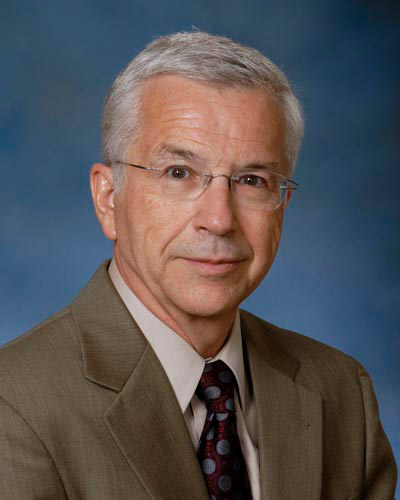
Tuesday, May 10, 2022
Longtime Academic and Clinical Affairs Leader, Department Chair, and Faculty Member, Tony Lehman, MD, Announces Retirement
University of Maryland School of Medicine (UMSOM) Dean E. Albert Reece, MD, PhD, MBA, announced today that Anthony Lehman, MD, MSPH, who served the UMSOM for more than 30 years as Senior Associate Dean for Clinical Affairs, Department Chair, and distinguished faculty member in the UMSOM Department of Psychiatry, will retire, effective June 30, 2022.
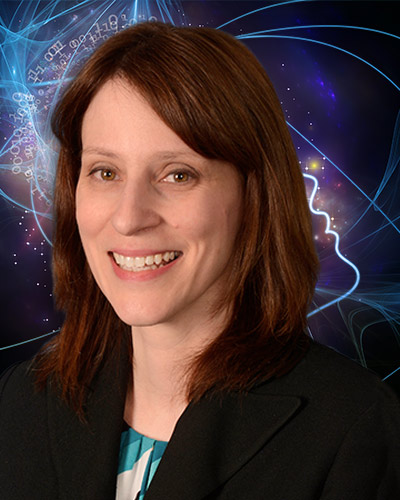
Thursday, February 27, 2020
UMSOM Department of Psychiatry Creates New Position to Strengthen and Support Research Program
Jill RachBeisel, MD, Interim Chair of the Department of Psychiatry at the University of Maryland School of Medicine (UMSOM), along with UMSOM Dean E. Albert Reece, MD, PhD, MBA, announced today that Gloria Reeves, MD, Associate Professor of Psychiatry, has been appointed to serve as the Vice Chair for Research of the Department.
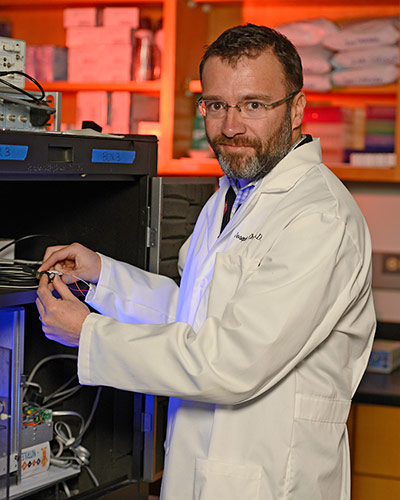
Wednesday, October 16, 2019
Researchers Discover Potential Therapy to Treat Detrimental Effects of Marijuana in Pre-Adolescent Individuals Exposed to THC in Womb
As a growing number of U.S. states legalize the medicinal and recreational use of marijuana, an increasing number of American women are using cannabis before becoming pregnant and during early pregnancy often to treat morning sickness, anxiety, and lower back pain. Although emerging evidence indicates that this may have long-term consequences for their babies’ brain development, how this occurs remains unclear.
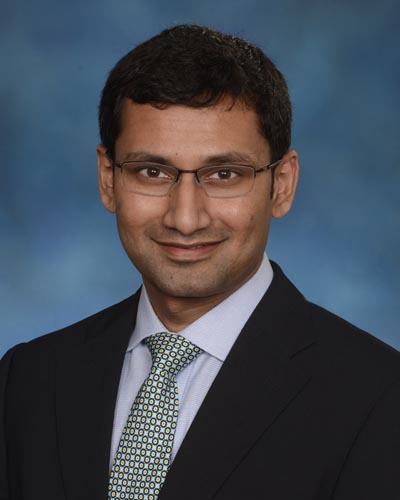
Wednesday, September 18, 2019
Study Questions Use of Routine Sleep Studies to Evaluate Snoring in Children
Pediatricians routinely advise parents of children who snore regularly and have sleepiness, fatigue or other symptoms consistent with sleep disordered breathing, to get a sleep study; this can help determine whether their child has obstructive sleep apnea, which is often treated with surgery to remove the tonsils and adenoids (adenotonsillectomy). Often pediatricians make surgery recommendations based on the results of this sleep study.
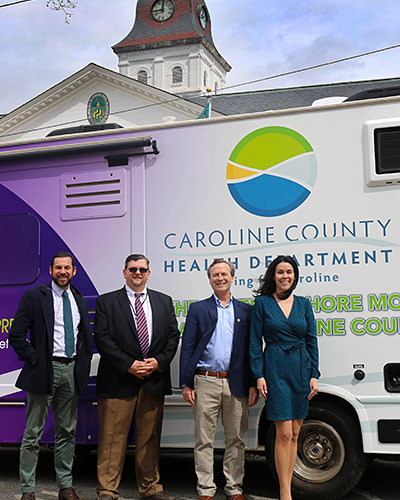
Thursday, April 04, 2019
Mobile Addiction Treatment Unit Serves Maryland Eastern Shore
Health and addiction treatment officials from the Caroline County Health Department, Maryland Department of Health, the Maryland Opioid Operational Command Center, and the University of Maryland School of Medicine (UMSOM) in Denton, MD., launched the Eastern Shore Mobile Care Collaborative (ESMCC), a mobile system designed to provide state-of-the-art treatment for opioid disorders for those in need on the Maryland Eastern shore.
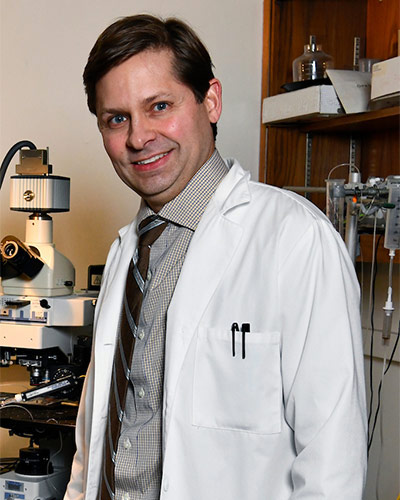
Wednesday, March 27, 2019
UMSOM Researchers Discover a Critical Receptor Involved in the Response to Fast-Acting Antidepressants Like Ketamine
Effective treatment of clinical depression remains a major mental health issue, with roughly 30 percent of patients who do not respond to any of the available treatments. Researchers at the University of Maryland School of Medicine (UMSOM) have discovered a crucial receptor called mGlu2 that is critical to the mechanism of fast-acting antidepressants such as ketamine when used to treat depression.
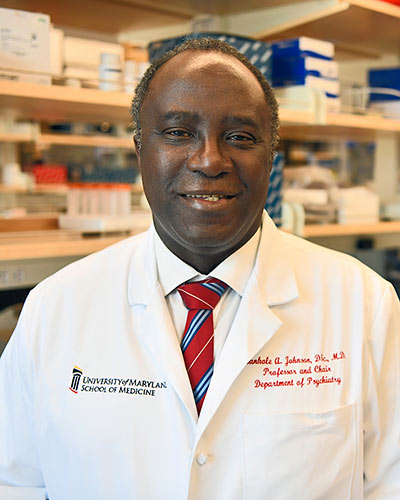
Tuesday, October 16, 2018
Bankole A. Johnson Receives Prestigious American Society of Addiction Medicine Award
Bankole Johnson, DSc, MD, the Dr. Irving J. Taylor Professor and Chair of the Department of Psychiatry at the University of Maryland School of Medicine (UMSOM), has been named to receive the American Society of Addiction Medicine’s (ASAM) R. Brinkley Smithers Distinguished Scientist Award.
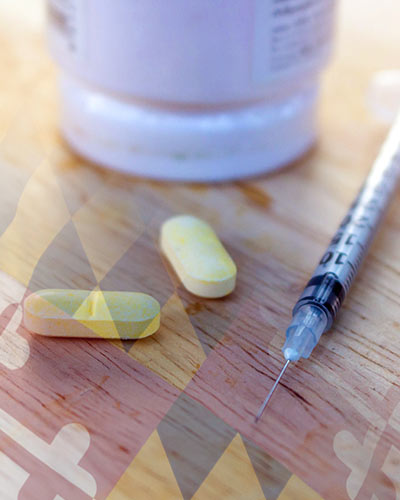
Friday, January 05, 2018
Fighting Opioid Addiction from Baltimore to Garrett County: University of Maryland School of Medicine Rises to the Challenge
The opioid epidemic has been deadly for Maryland. In 2016, more than 2000 people in the state died from overdoses; in 2017, deaths rose another 40 percent, and deaths from the powerful synthetic opioid fentanyl were up nearly 140 percent. Last year, Gov. Larry Hogan declared a state of emergency in response to the opioid epidemic, saying the state needs an “all-hands-on-deck approach.”
Wednesday, June 07, 2017
Dr. Jill RachBeisel Named Vice Chair for Clinical Affairs in UM School of Medicine’s Department of Psychiatry
Bankole A. Johnson, DSc, MD, MBChB, The Dr. Irving J. Taylor Professor and Chair for the Department of Psychiatry, Professor of Pharmacology, Anatomy and Neurobiology, along with UM SOM Dean E. Albert Reece, MD, PhD, MBA, announced today that Jill RachBeisel, MD, Associate Professor of Psychiatry, has been named Vice Chair for Clinical Affairs for the UM SOM Department of Psychiatry, commencing at the start of the next academic year.

Monday, March 14, 2016
UM SOM Sleep Experts Explore the Massive Financial Toll of Insomnia
While the benefits of a good night’s sleep can be priceless, and sleeplessness imposes significant costs on the individual and society, little is known about the financial impact of treatment for sleep-related disorders.
